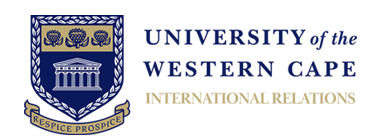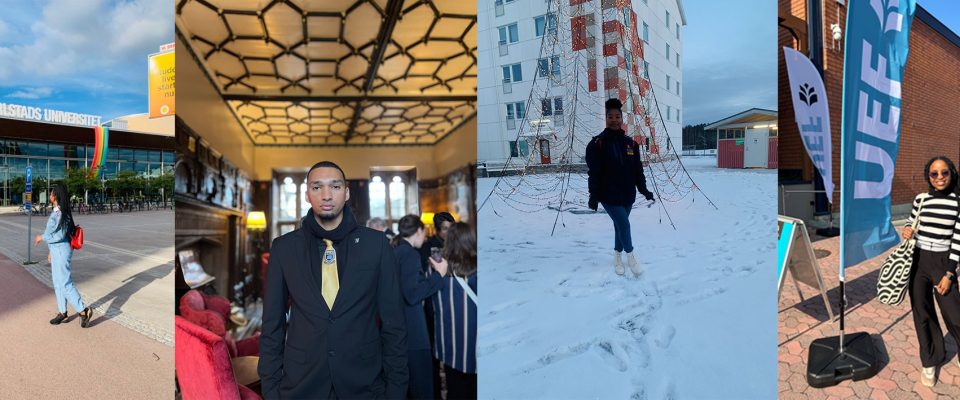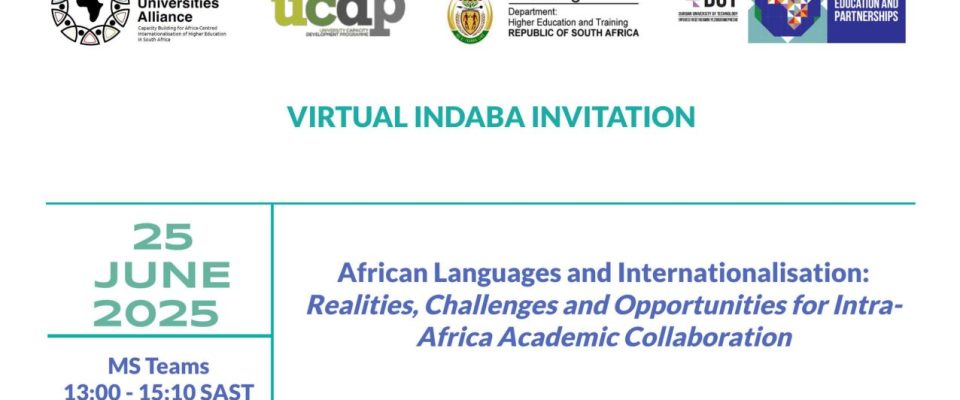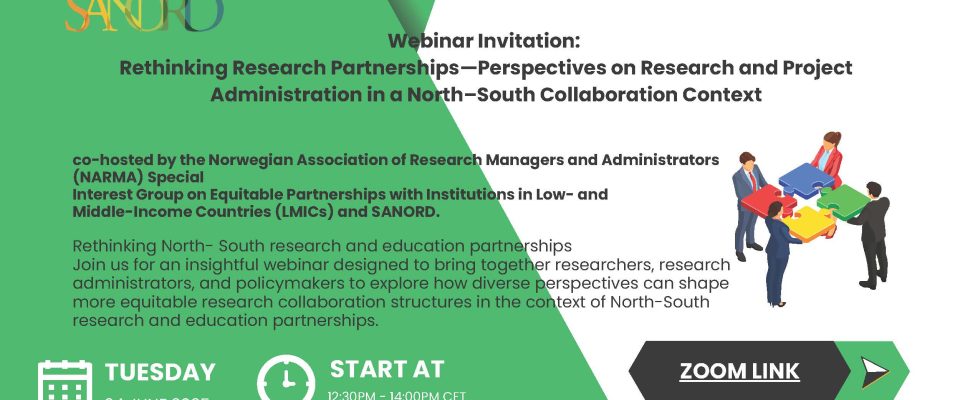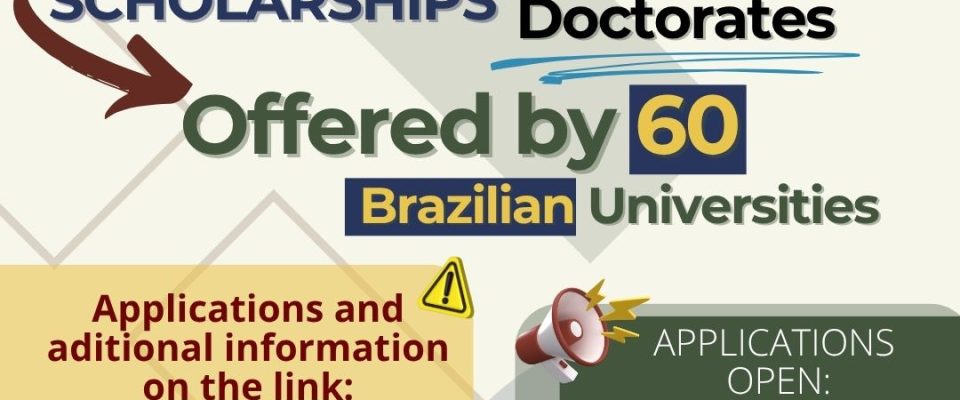
South Africa’s Heritage Month is a time of reflection for a country - and a world - facing numerous challenges, from inequality to climate change to (of course) a global pandemic.
South Africa’s Heritage Month is a time of reflection for a country – and a world – facing numerous challenges, from inequality to climate change to (of course) a global pandemic. At times like these, the University of the Western Cape (UWC) looks to its history for inspiration – a history of overcoming challenges that seemed insurmountable at the time.
These are challenging times, but we have faced challenging times before. In our six decades of existence, we have overcome the limitations placed upon us by the apartheid state, served as a home of the intellectual left during the turbulent eighties, helped a nation forge a constitution for a new democracy, and moved from a ‘bush college’ to one of the world’s most respected institutions. It’s a history of hope – and a legacy of knowledge and action that we strive to live up to.
From humble beginnings, UWC has grown to firmly establish itself as one of the top tier South African universities, walking a long journey from a “bush college” set up to train administrators to an integral part of the new democratic South Africa, and a producer of world-class teaching and research.
This is how it happened.
1960s: A Bush College (So They Thought): In 1959, Parliament adopted legislation establishing the University College of the Western Cape as a constituent college of the University of South Africa for people classified as “Coloured”. One year later, in 1960, UCWC opened its doors, offering limited training to Coloured students for lower positions in schools, the civil service and other institutions – exclusively in Afrikaans. In that first year, the student body was only 166 strong, and the teaching staff numbered only 17 – all white, except for the legendary philosopher/writer/activist Adam Small. But in institutions like UWC, the apartheid government laid the seeds of its own demise.
1970s: Finding Footing – Becoming UWC: In 1970, the institution gained university status and was able to award its own degrees and diplomas. And so the University of the Western Cape (UWC) began to expand its academic project, founding (among others) its then-tiny Faculty of Dentistry and Faculty of Law – which many years later would come to play a massive role in South Africa, and beyond. At the same time, protest action by students and black academic staff led to the appointment, in 1975, of the first black Rector, Professor Richard E van der Ross. The new, freer climate under his leadership was amenable to intellectual debate and internationally respected scholarship – and laid the seed for greater things to come.
1980s: Hek Toe! University Of The Left: In 1982, the university formally rejected the apartheid ideology on which it was established, adopting a declaration of nonracialism, and paving the way for rapid growth. A year after that, the University of the Western Cape Act finally granted UWC its autonomy – marking the first time that University was free to determine its own destiny. And under the leadership of UWC’s new Rector and Vice-Chancellor, Prof Jakes Gerwel, and with the support of students and staff willing to fight for a brighter future, UWC determined that that destiny lay in outright opposition to apartheid. The University became “an intellectual home of the left”, with a community always willing to march “Hek toe!” for justice.
1990s: Building A Rainbow Nation: As South Africa became – at last – a democratic state, UWC had a role to play in the unfolding drama. UWC’s leadership took part in writing the higher education policy for the incoming government, while the country’s Constitution was drafted at UWC’s Community Law Centre (now the Dullah Omar Institute). Many senior academics and alumni found themselves in public office, a number in the national cabinet – including Prof Jakes Gerwel. But Gerwel also foresaw the need for UWC to remain at the forefront of intellectual leadership – and so UWC established such important academic institutions as UWC’s School of Public Health, the School of Government, and the Institute for Poverty, Land and Agrarian Studies (PLAAS).
2000s: Going Global – International Excellence: Towards the end of 2001, Professor Brian O’Connell assumed the Vice-Chancellorship amidst a plethora of processes to restructure the higher education system in South Africa. In 2002, the Minister of National Education mapped the future higher education landscape. One of the outcomes of the restructuring process was that UWC would retain its status as an autonomous institution. With that out of the way, Prof O’Connell led the University to expand its footprint, becoming one of the country’s – and the world’s – premier institutions.
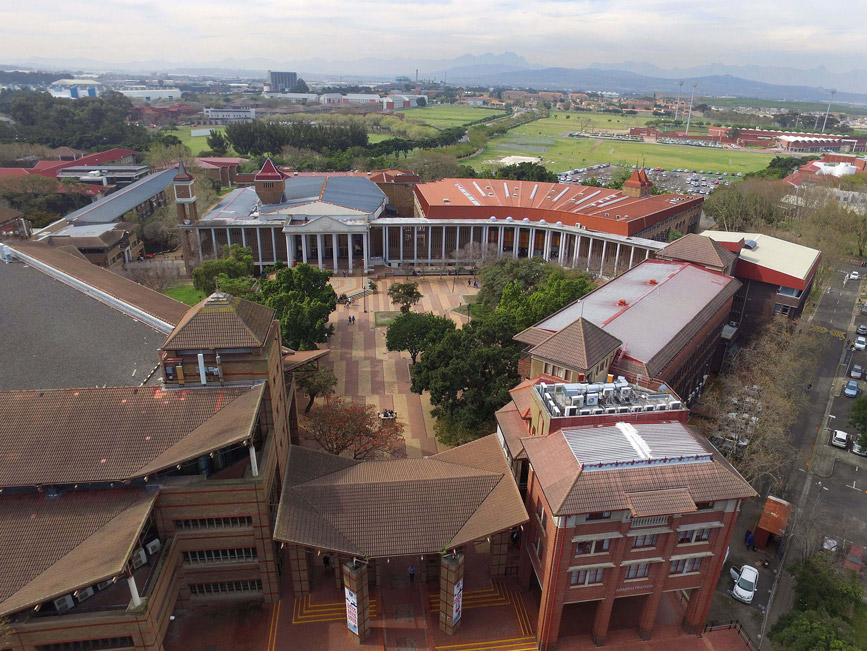
Now: Leaving A Lasting Legacy
Now, more than ever, the University of the Western Cape is challenged to demonstrate that it is capable of competing with the best and of playing a prominent role in the intellectual, social and economic life of the nation.
The Centre for Computational And Applied Maths is housing the Fourth Industrial Revolution at UWC. And the University’s Faculties of Dentistry and Community and Health Sciences have become integral to health services in the Bellville area. Additionally, the Life Sciences Building – which is set to become a landmark in Cape Town as the roof now carries the university’s name – houses some of the continent’s top biological research, with world-class work on everything from genomics to zoology..
2020 was a difficult year – but also a year where we all learned a lot about ourselves. And what we’ve learned is that UWC is so much more than a bunch of buildings where students go to listen to lecturers.
The University is consistently recognised for its international excellence – in the Times Higher Education rankings; the Webometrics Ranking Web of Universities top 1000; the Centre for World University Rankings top university lists; the URAP top 1000 universities rankings; the US News & World Report 2020 Best Global Universities rankings; and, the QS World University Ranking (among others).
UWC athletes have claimed victories on local, national and global stages, as Olympians and World Champions. UWC researchers have worked on research that matters, decoding the nuclear reactions at the heart of stars and the genome at the heart of SARS-CoV-2. UWC lecturers have won recognition for their innovative efforts. And the University – Africa’s Greenest University – remains committed to outreach, engagement and transformation.
UWC is world-class researchers investigating everything from astrophysics to food security to visual history. UWC is creative students and staff who’ve developed brilliant apps, built successful businesses or written bestselling books. And UWC is an idea – the idea that we can move from hope to action through knowledge, and leave the world better off than when we found it.
Yours Sincerely
Prof Tyrone Pretorius
Rector and Vice-Chancellor
University of the Western Cape

